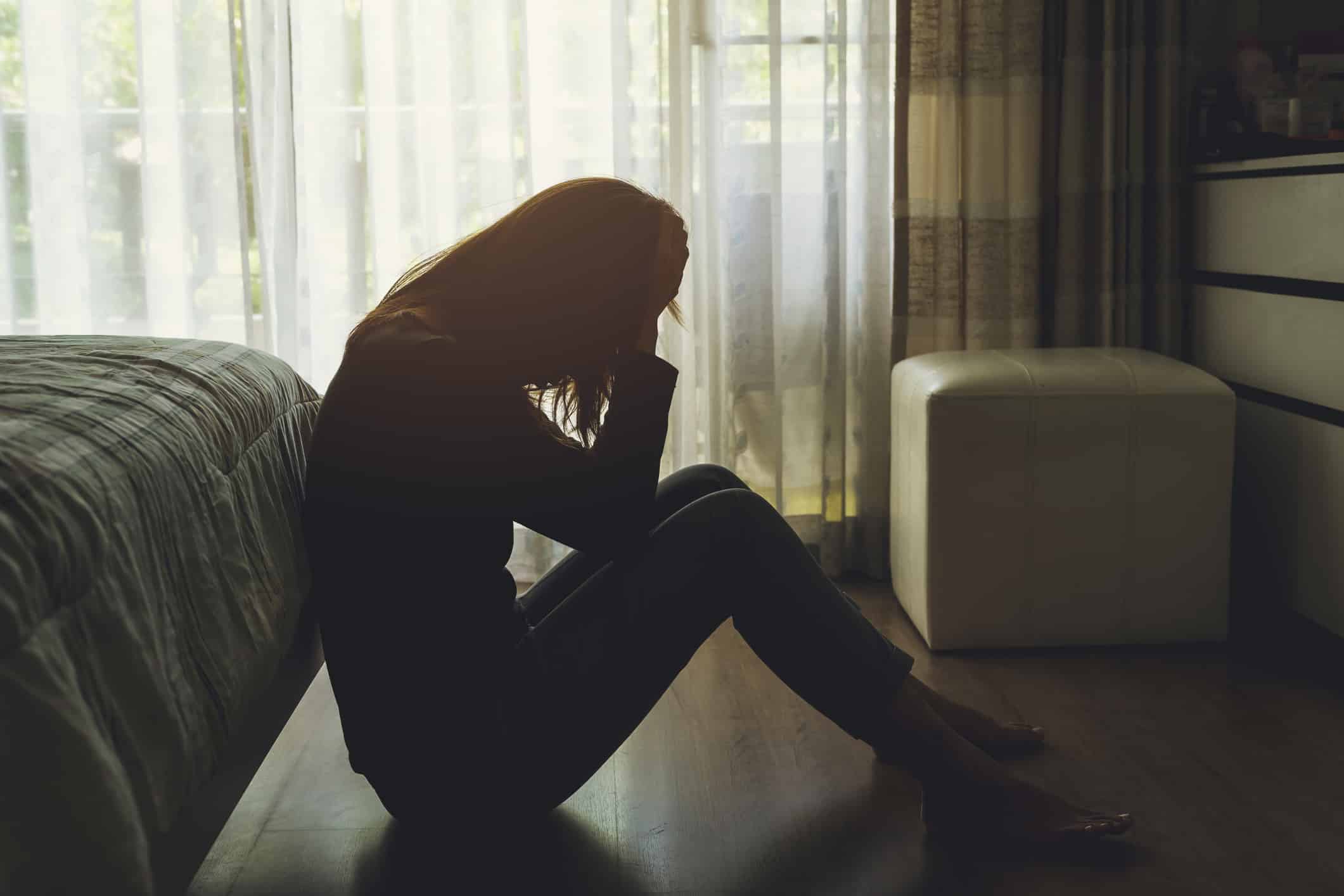 Many of us were rocked by the recent suicides of icons Anthony Bourdain and Kate Spade. Suicide is always tragic, no matter what. It’s sad to know that any person, regardless of his or her position in life, has gotten to the point that they believe suicide is the only escape from a hopelessly painful existence.
Many of us were rocked by the recent suicides of icons Anthony Bourdain and Kate Spade. Suicide is always tragic, no matter what. It’s sad to know that any person, regardless of his or her position in life, has gotten to the point that they believe suicide is the only escape from a hopelessly painful existence.
Like most of you, I didn’t know Anthony Bourdain or Kate Spade personally. I only knew them from what I learned though the media. I feel like I knew Bourdain better than Spade because of his TV shows and various media appearances. But, like most of us, it’s hard to imagine that either of them could commit suicide when they “had it all.” However, it’s only on deeper reflection that we realize that they had struggles under their media portrayal.
“Having It All”
Whenever I’d see Anthony Bourdain, like millions of Americans, I often thought: He has THE coolest job ever. He’s rich, famous, distinguished, smart, articulate, charismatic, talented, sophisticated, and so on. PLUS, he gets to travel the world, meet interesting people, eat great food, and experience different cultures. He’s won many awards and is adored by millions of fans. What a life! I wish I could have what he has!
Then we have Kate Spade who was such a successful fashion designer and business woman. She built a veritable fashion empire. What would it be like to have people wearing your designer clothes, using your handbags and other accessories—with your name on them—all over the world? Bourdain and Spade both went to the swankiest hot spots in the world, rubbed elbows with other wealthy, famous, and powerful people. What’s not to be happy about? Didn’t they both achieve the pinnacle of life?
All That Glitters Is Not Gold
In a previous blog in which I discussed why our screens don’t make us happier, I mentioned hedonic adaptation. Basically, this means that people sort of have a “set point” for our happiness level. External events, particularly things that can be bought, tend not to increase our happiness for long. We just get used to them and return to our happiness “set point.”
You’ve heard it said that “money doesn’t buy happiness,” and this is basically true. Now, if a person is so financially strapped that he or she cannot get their basic needs met (e.g., food, shelter, utilities, basic health care), then that type of financial deprivation can indeed have a negative impact on well-being. However, according to researchers, generally past around making $60K-$95K per year, more money doesn’t seem to improve happiness. In fact, researchers have found that fame, wealth, and beauty are psychological “dead ends” in terms of happiness. Pursuing these as life goals is related to lower well-being, even when one is achieving them.
I’m not trying to say that either Bourdain or Spade were just pursuing wealth, fame, and beauty in life. In our Western culture, we are often told, through advertising and marketing, that fame, wealth, and beauty are where it’s at. The message is that, if we have these things, we will indeed be happy.
However, the truth is that fame, wealth, and beauty are all part of the “hedonic treadmill” that we are convinced we should get on. We are taught to pursue them with the belief that they will provide happiness, but they don’t. The happiness that money can buy, especially in material terms, tends to be fleeting. But then we keep getting suckered into the idea that, “IF we only had more, THEN we will be happy.”
What “Having It All” Really Means
No matter what one’s level of income or social status, one of the keys to happiness in life is healthy social relationships. To the extent that we have strong, healthy, social relationships, we tend to be fairly happy. However, when we feel disconnected, isolated, alone, isolated, ostracized, or are in conflict, our well-being suffers. Also, when we experience loss in terms of relationship, through death, breakups, or loved ones having to move, we also suffer greatly. You don’t have to read the research on this to know that it is true. What have been the happiest moments of your life? Unhappiest? Chances are, they had something to do with relationships.
I actually don’t know much about the personal lives of either Anthony Bourdain or Kate Spade. I imagine that we will hear more about their lives and pain in the coming months. However, my guess is that we will learn that they suffered from difficulties in their personal lives, particularly their relationships. Also, some folks battle depression because of genetics, and that presents an additional challenge for some people.
We sometimes wonder how people like Anthony Bourdain and Kate Spade could have committed suicide when they had it all. To help us better understand depression and suicide, let’s all be careful not to get confused by what “having it all” really means. Underneath the fame and wealth, they were people just like all of us. We all suffer from breakups, loss, and disappointments in the same way. Society, advertisers, and the media are constantly trying to tell us that “having it all” is about wealth, fame, and beauty. But if we pause and reflect long enough, we know that’s just not true.

